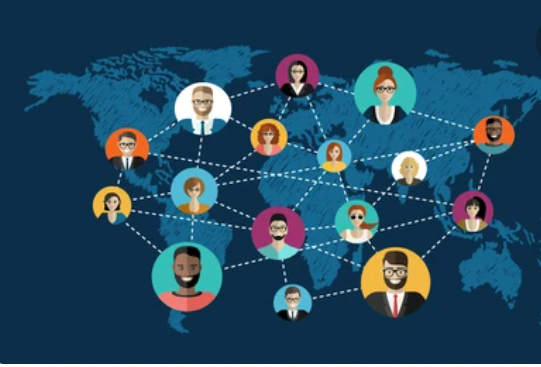Science has shown that connection and social support are
essential to our health – so essential that doctors are now prescribing it like
a drug. Here’s why.
As humans we need connection, just like we need oxygen and
water. Even for the most introverted among us, social connection is vital to
our physical and mental health.
Lack of social support and not feeling connected to others
has been linked to many chronic illnesses.
‘Social prescription’ is being used by doctors around the
world, particularly for marginalised communities who struggle to access social
services.
In this context, social prescription involves linking the
patient with activities and services provided by community organisations, in a
way that is trackable and measurable. It’s accepted in community health as a
preventative and early-intervention service.
Research shows that it works. In Britain, social prescribing
is a formal part of the National Health Service. An Australian literature review
found it reduces chronic disease, depression and suicidal behaviour, reliance
on medication and substance abuse, while improving social confidence, physical
and mental wellbeing, sense of purpose and health self-management.

How social prescribing can work for you
You might not necessarily need help with linking to
community services, but you might benefit from permission to socialise more.
For many of us, a doctor’s ‘prescription’ gives us both
permission AND accountability. With a prescription for social connection, you
won’t need to justify it, but embrace it as part of your health care plan.
Too often, we put socialising way down the list of things to
do. We get caught up in the necessities of work, housework and caring for
children or ageing parents. We try to find time for exercise and preparing good
food, but catching up with friends, or joining a hobby group, can sometimes
seem like a luxury.
What if you prioritised social connection, in the same way
you prioritise drinking water, or getting exercise, or taking daily medication?
What if you scheduled it into your day as a non-negotiable?
Action item:
1. Next time you plan your weekly schedule, add in
non-negotiable time for connecting and socialising with others. Make it fun!
2. If you think you need more permission or accountability
to make this happen, consider raising it with your doctor during your next
visit, and ask them to prescribe it for you on a formal prescription pad. It
will do wonders for your health!